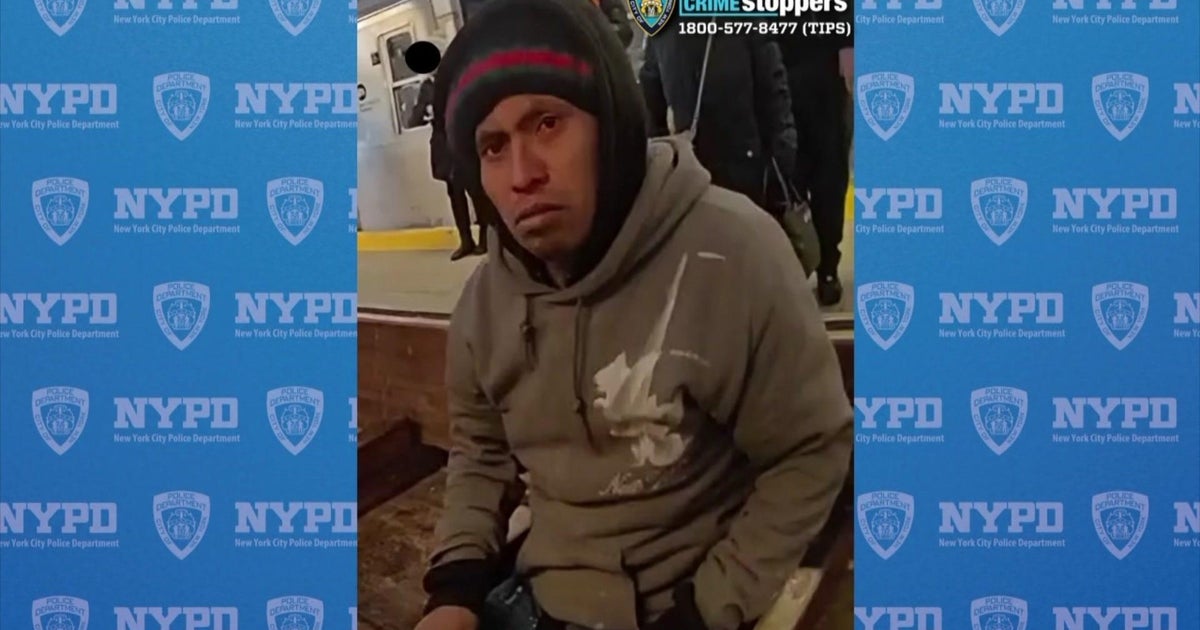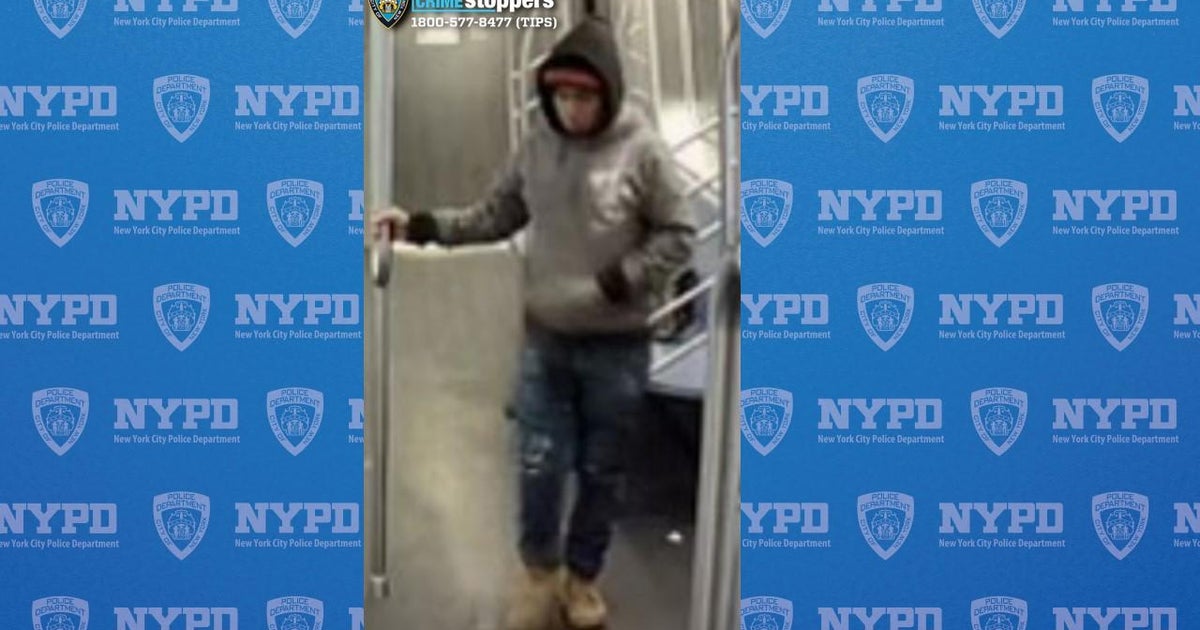Lawmaker, Educator Worried About Contact Tracers Not Asking About Attending Protests
NEW YORK (CBSNewYork) -- There has been progress in the fight against COVID-19, but the massive protests and the reopening of businesses have created fears of a new wave of infections.
And now, CBS2's Kevin Rincon has learned those tasked with tracking the virus aren't asking some important questions.
Each and every day we've seen hundreds if not thousands of people gather throughout the city to protest. On top of that, the city is now in Phase 1 of reopening and that's also attracted crowds.
"This is a huge problem. People are done with the coronavirus, and because our hospitals are not overflowing right now, they mistakingly think there's no longer a threat," City Councilman Mark Levine said.
CORONAVIRUS PANDEMIC
- Resources, Hotlines, Unemployment & Covering Bills
- Remote Learning Tools For Parents Teaching At Home
- Ask Dr. Max Your Health Questions
- How Make Your Own DIY Face Mask
- How To Safely Remove Disposable Gloves
- Tips For Parents To Help Kids Cope
- Chopper 2 Over Empty NYC Streets, Landmarks
- Complete Coronavirus Coverage
Levine is the chair of the Health Committee. He's worried the contact tracers who've been hired to keep an eye on the spread of infection won't be able to because of that false sense of security.
"It means people might not pick up the call. It means they might not complete the interview. It means that they might not choose to quarantine if they've been exposed," Levine said.
Meanwhile, City Hall says under its test and trace campaign, contact tracers will not be asking people if they attended any recent protests.
"The main focus right now is transmission at home and in the workplace, indoor settings like that," Levin said.
MORE: What Does Being A Contact Tracer Entail? CBS2 Gets Information From Those In The Know
For Columbia University professor Patrick Kachur, asking people about demonstrations could be problematic.
"If, for example, they were in a situation where they had to press people about their participation in demonstrations ... that might make it more challenging still to get the trust," Kachur said.
And he said just trying to figure out who has actually been exposed in large groups like the protests, that's borderline impossible to do.



